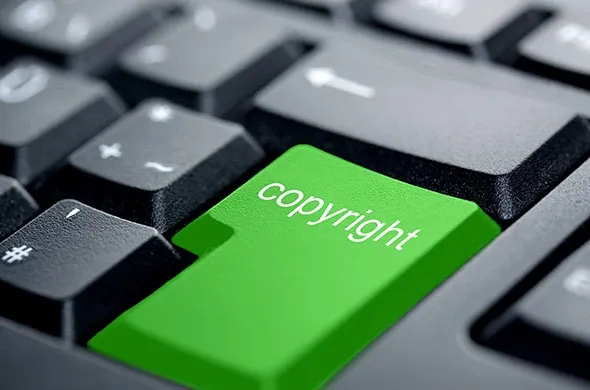Happy New Year!
Happy New Year to all ICT Business readers, followers, business partners, advertisers, and friends. ICT Business team.

European lawmakers want to make it harder for Google, Facebook and other internet giants to showcase copyrighted material without permission, acording to Bloomberg.
New European Union rules, backed by European lawmakers, could force web services to actively prevent copyrighted content from appearing on their platforms if rights holders don’t grant them a license. The legislation would also grant publishers new legal rights to seek compensation for snippets of articles that Google and other news aggregators post online.
“This is an exceptional day for European news media," said Wout van Wijk, Executive Director of News Media Europe, a publishers’ association. "We look forward to enjoying a copyright regime that is fit for the digital age.
When users upload content to social networks, video websites and other digital platforms, the companies running those services aren’t responsible for checking if the material violates copyright. The new rules would change that, and are part of a broader backlash against technology companies.
The vote Wednesday by the European Parliament’s legal affairs committee will help set the institution’s position on the legislation, ahead of final negotiations with the European Commission and EU member states, before it becomes law. The remaining members of European Parliament still need to formally sign off on the parliament’s position on the law.
"These measures would seriously undermine basic internet freedoms," said Julia Reda, a German member of the European Parliament opposed to parts of the copyright rules, after the vote. "We can still overturn this result and preserve the free internet.
Current EU rules protect platforms from legal responsibility for what appears on their websites until they are notified, such as when users flag terror propaganda. The companies are then required to take illegal content down.
Under the new rules, Facebook and Google would be required to prevent certain works from showing up on their platforms in the first place, should rights holders demand it. That will create legal headaches for the companies and likely require them to get licenses for the material.
Internet activists are concerned that the rules could restrict expression online. Sharing of memes could be caught up in the new rules because they’re often based on copyrighted images, they noted as an example.